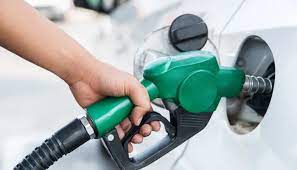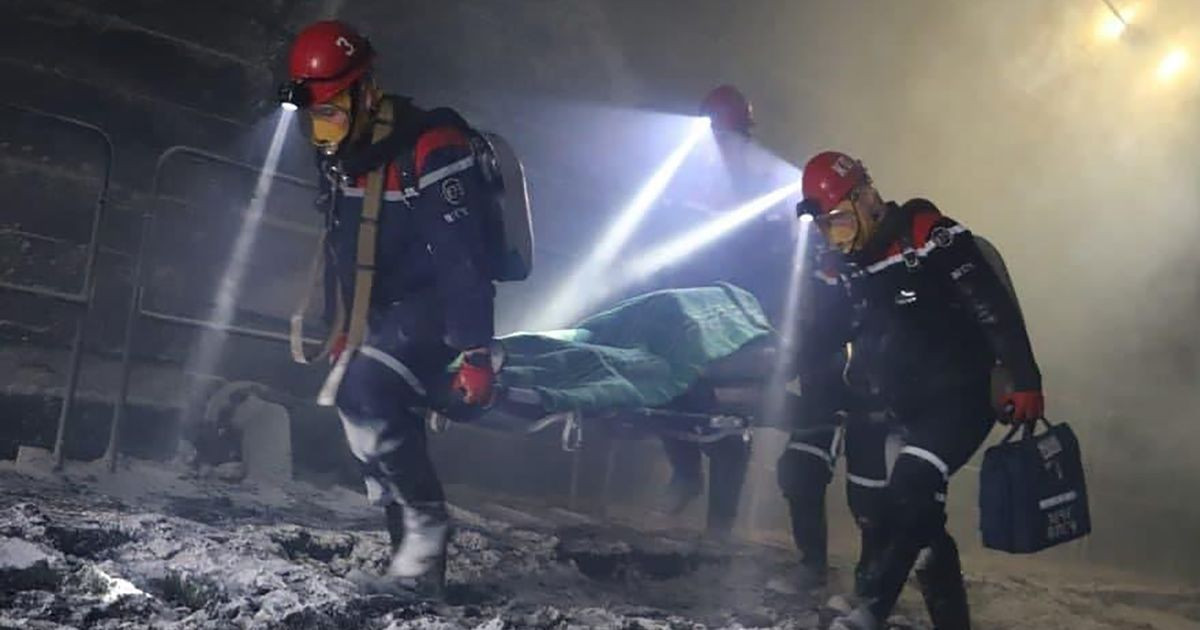The Independent Petroleum Marketers Association of Nigeria (IPMAN) and the Nigeria National Petroleum Company Limited (NNPCL) have cautioned Nigerians against panic-buying and have refuted reports of an imminent hike in the pump price of petrol, also known as Premium Motor Spirit (PMS).
Reports surfaced regarding a clash between fuel marketers and the Nigerian National Petroleum Company Limited (NNPCL) over the government’s subsidy payments. This led to speculations that the cost of the commodity might increase to N1,200 per litre due to the discontinuation of under-recovery of fuel costs.
However, IPMAN’s Public Relations Officer, Okanlawon Olanrewaju, stated on Channels Television’s Sunrise Daily that there are no plans by fuel marketers to increase the fuel pump price. He emphasized that there is no signal from NNPC to increase prices, and urged the public to refrain from panic buying, dismissing the rumors as baseless.
Similarly, the NNPCL assured the public that there is no impending increase in the cost of PMS. The spokesperson, Olufemi Soneye, urged Nigerians to disregard unfounded rumors and assured them that there are no plans for an upward review of the PMS price. Motorists were advised against panic buying, as there is sufficient availability of PMS across the country.
The NNPCL also denied any clash with IPMAN, asserting that subsidy on petrol has been completely removed months after President Bola Tinubu made the announcement. The removal of fuel subsidy, pronounced during Tinubu’s May 29 inauguration, led to a significant jump in petrol prices. However, the NNPCL emphasized that subsidy removal was necessary, citing President Tinubu’s statement that the 2023 budget made no provision for fuel subsidy and was no longer justifiable.
The subsidy removal has sparked controversy, with the World Bank expressing concerns about the lack of transparency from the NNPC regarding the financial gains from the removal. Oil marketers have also threatened to raise the price per litre of petrol due to fluctuating and scarce foreign exchange used to secure the essential commodity.




